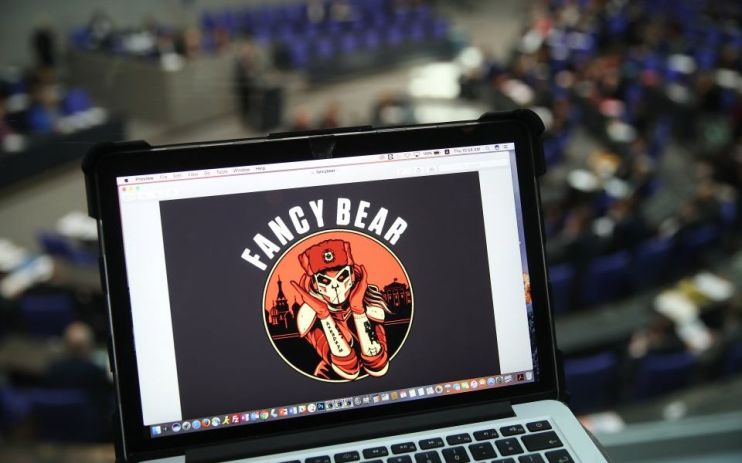Explainer: Are Russian hackers involved in the Electoral Commission attack?

During this otherwise quiet August week, the big story is the hacking of the Electoral Commission, which some are starting to tentatively attribute to Russian hackers.
Yesterday, the Commission admitted it was hacked in 2021, but that it only discovered the attack in October 2022. It decided not to say anything to focus on stopping the hackers, finding out more about the attack and putting more measures in place before going public.
The news was shocking: the nightmare of every democracy is having foreign or malevolent interference in its elections. The Commission however assured the hacking didn’t lead to interference and is unlikely to have an impact on the next general elections as most data is still stored in print.
The hackers got access to copies of the electoral registers, meaning around 40 million people might have been affected. The Commission’s email system was also hacked.
There is no evidence of direct links to the Kremlin at this stage and the UK security services are refraining from making open accusations. But suspicions are not unfounded, given the prolific activity of Russian hackers in the UK and other countries over the past years.
Back in April, deputy prime minister Oliver Dowden warned that Russian hackers working with the Wagner group were seeking “to disrupt or destroy” segments of the national infrastructure.
In June, companies including British Airways and the BBC became victims of a hacking attack appearing to be linked to Russian cyber attackers.
But the history of Russia’s hacking activity goes a long way back to groups like Cozy Bear and Fancy Bear.
The first, believed to be linked to Russia’s Foreign Intelligence Service, has been operating for two decades. It has attacked governmental organisations in Europe and the Democratic National Committee in the US.
Fancy Bear, also known as APT28, has targeted political organisations in the US and military organisations within the EU.
More generally, Russia has been accused of interfering in the general election in the UK in 2019, in the 2016 US election, as well as in the elections in France and Germany in 2017.